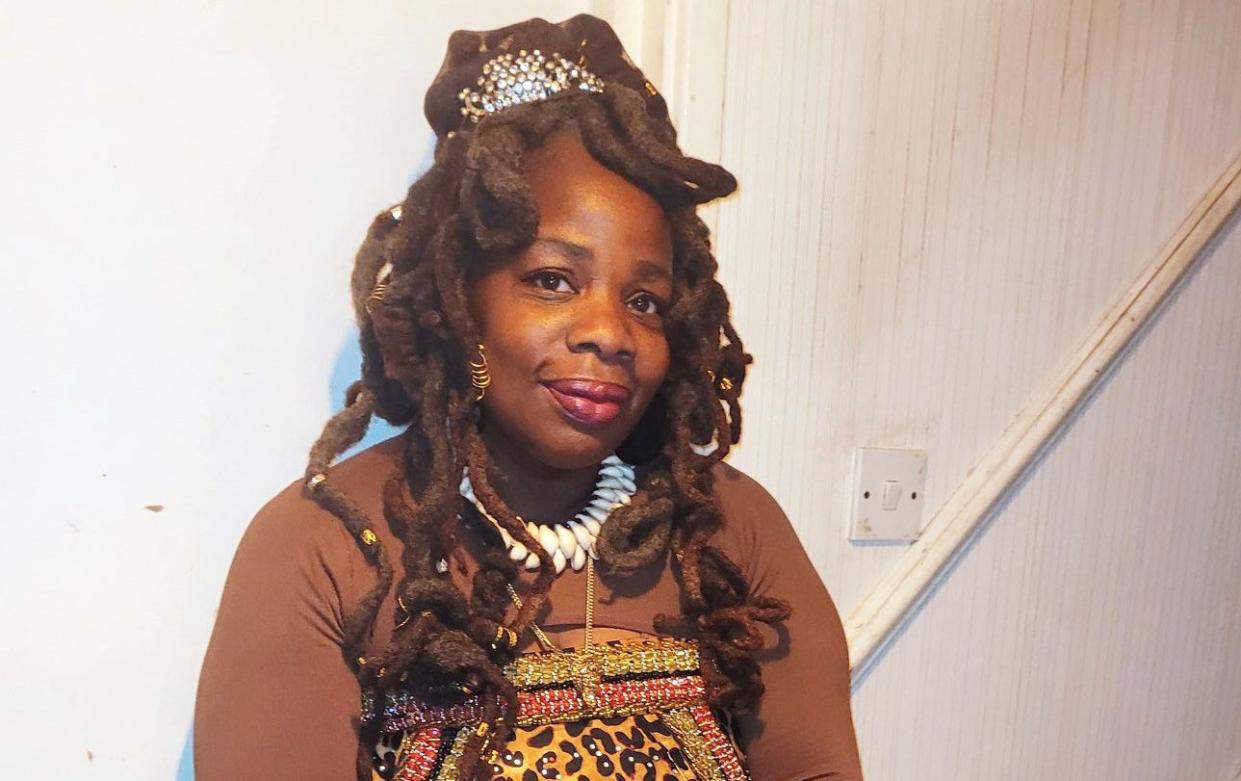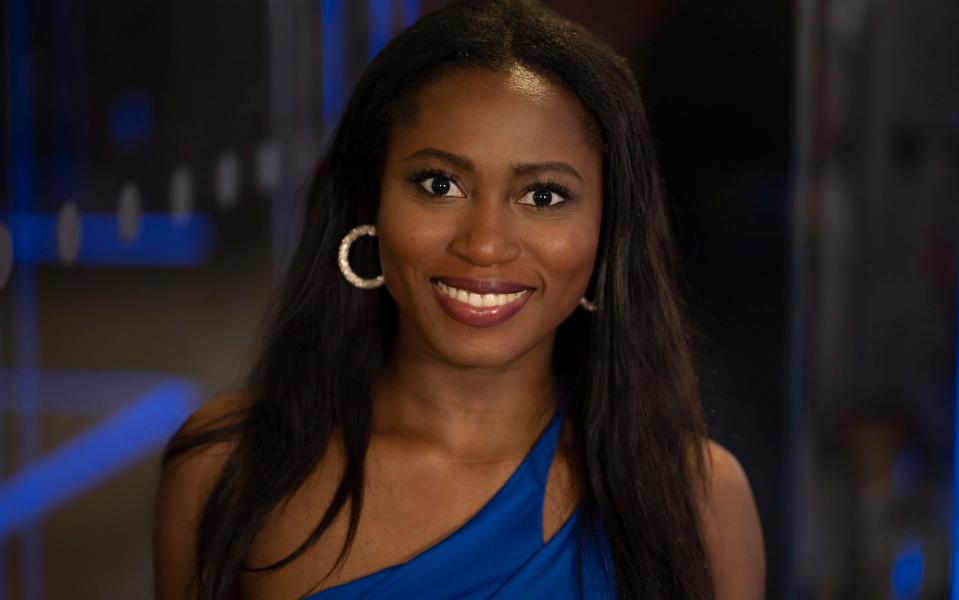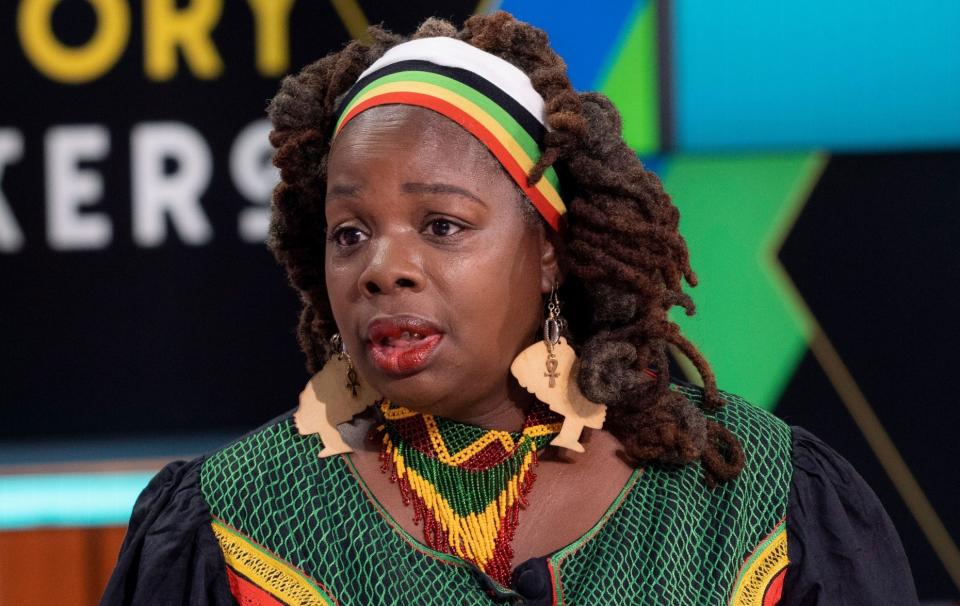Why it’s valid to ask where Ngozi Fulani is really from

Where are you really from? This question, asked to black charity boss Ngozi Fulani by Lady Susan Hussey at a Buckingham Palace reception in November, was immediately condemned as an act of racism committed by someone at the heart of the British establishment. The ripples continue to be felt – this week it was reported that the Charity Commission is examining a series of allegations over the running of Sistah Space, the organisation that Fulani heads up, although, encouragingly, in a separate development, Fulani and Lady Hussey met today and agreed to move on from the row.
In the first 48 hours following Fulani’s accusation, it became clear that American-style ‘critical race theorists’ – who believe it to be an assertion of white privilege to suggest that a non-white person has ethnic roots elsewhere – had won the day.
Fulani’s word was taken almost as fact by some mainstream media outlets. There weren’t many questions asked about the accuracy of the detailed transcript of her conversation with Lady Hussey that she posted on Twitter, or, in her subsequent media interviews, whether she had evidence to back it up.

It was a bizarre display in moral confusion. Some white journalists must have thought it wasn’t their place to scrutinise an accusation of racism by a black person. Yet this was a story with consequences – not least for Lady Hussey herself, an elderly woman for whom we should have a higher standard of respect. Questions may now have started to be asked about other areas of Fulani’s role, but, in my view, the lack of scrutiny regarding her initial accusation counts as a miscarriage of justice and a failure to uphold proper journalistic standards.
Surely, any fair analysis of the accusation would begin with the question of whether there could be a context in which it would be legitimate to ask questions about Fulani’s background? I believe the answer to this is a firm “Yes”.
In answering that basic question, we should first ask others. For instance: why did Fulani change her name (she was originally Marlene Headley) from a typically Caribbean-British one to an African one? Why does she often wear African dress on television despite being of Barbadian descent? And, more to the point, why does she feel the need to dress so dramatically (second-generation Black African Britons do not typically walk the streets of London wearing an animal-print dress, a necklace of cowrie shells and acute matted hair)?
Then, there are more specific details which those with knowledge of West African names might want to ask, since Fulani’s adopted name is itself rather unusual. She has taken on a typical first name from the Igbo tribe (Ngozi) but used the name of a different tribe (Fulani) as her surname. From my experience, this is not a common occurrence; a person in Accra or Abuja with such an exotic mix of tribal names might well be asked: “Where are you really from?”

In fact, if I were an easily offended person, I might consider this to be a case of Fulani appropriating my West African culture. Her outfits, which appear to be inherited from African tribes, could be seen as making a mockery of African heritage. On numerous visits to Accra, I have seen as many people dressed so elaborately as you have seen men wearing a shirt marked ‘White Van Man’ with a St George’s flag tattoo on their forehead – that is, I have not seen them at all.
Upon seeing the picture of Fulani at Buckingham Palace, my Ghanaian mother thought she was dressed as a fetish priest (a person in Western African culture who serves as a mediator between the spirits and the living).
So where is she really from?
There is one possible explanation for Fulani’s confusing image. It is possible that she identifies with the pan-Africanist movement, which advocates that all people of Caribbean descent should rebuild a connection with Africa, the continent from which their ancestors were forcibly removed as slaves.
This is a legitimate cause – many Africans are pan-Africanist and welcome the identification of Caribbeans as Africans. But it is also an inherently political one. It would explain her change of name and African-style outfits, but it would not justify her total resistance to answering questions about them when approached by, say, a Lady Susan Hussey. And it most certainly wouldn’t justify the accusation of racism. Questioning pan-Africanism is political, not racial.
This brings us to two concluding points. The first is that, evidently, the information we have is incomplete. The above analysis is only one possible explanation, since I do not know Fulani and nor did I witness the event in question. But second, given there are so many unanswered questions, how on earth were so many people so sure that Lady Hussey had acted wrongly? On what basis can we determine that she had been racist? The whole saga has been fundamentally unjust.
If Buckingham Palace had conducted their investigation over a period of time, rather than a few short hours, they may have been informed of these points before removing her from the institution she has devoted her life to.
Fulani, as an apparent student of African tribes and societies, will know that respect for elders is a strong theme that runs through the continent. Is she happy with how this has turned out – or does she merely want to perform our customs without following them?
Esther Krakue is a writer and broadcaster

 Yahoo News
Yahoo News 
